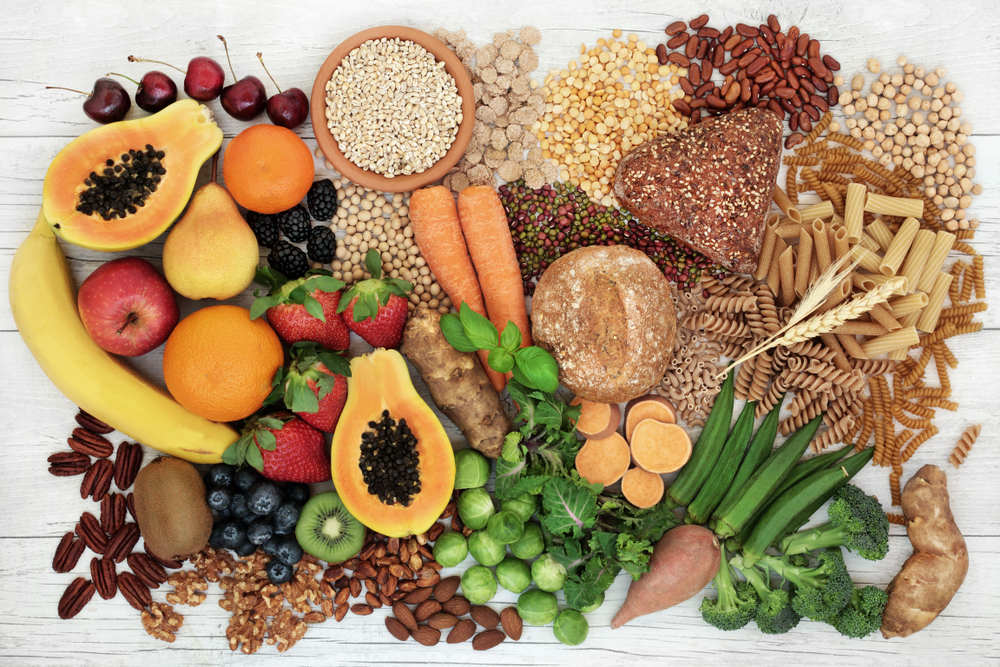
In nutrition, there’s one often-overlooked hero: dietary fiber. While it may not have the glamor of trendy superfoods or the allure of protein-packed shakes, fiber plays a crucial role in maintaining good health. So, why is dietary fiber essential, and how can you incorporate more of it into your diet?
The Importance of Dietary Fiber:
Dietary fiber, found in plant-based foods, is a carbohydrate that the body can’t digest fully. Instead of being broken down and absorbed, fiber passes through the digestive system relatively intact, aiding in various essential functions.
First and foremost, fiber promotes healthy digestion. It adds bulk to stools, making them easier to pass, thus preventing constipation. Additionally, fiber helps regulate bowel movements, reducing the risk of hemorrhoids and other digestive issues.
Beyond digestive health, dietary fiber plays a significant role in maintaining overall well-being. It helps control blood sugar levels by slowing the absorption of sugar, which is particularly beneficial for individuals with diabetes or those at risk of developing the condition. Moreover, fiber contributes to heart health by lowering cholesterol levels and reducing the risk of heart disease.
How to Incorporate More Fiber into Your Diet:
Now that we understand why dietary fiber is crucial, the next step is to ensure we get an adequate amount in our diets. Here are some simple yet effective ways to boost your fiber intake:
- Load Up on Fruits and Vegetables: Aim to include a variety of fruits and vegetables in your meals and snacks. These natural sources of fiber provide essential nutrients and contribute to your daily fiber intake.
- Choose Whole Grains: Opt for whole grain options such as brown rice, quinoa, oats, and whole wheat bread instead of refined grains. Whole grains retain their fiber content and offer more nutritional value.
- Snack on Nuts and Seeds: Incorporate nuts like almonds, walnuts, chia seeds, flaxseeds, and pumpkin seeds into your diet. These crunchy delights are packed with fiber and offer a dose of healthy fats and protein.
- Include Legumes: Beans, lentils, and chickpeas are excellent fiber and plant-based protein sources. Add them to soups, salads, or main dishes for a fiber and nutrient boost.
- Read Food Labels: Check the nutrition labels for fiber content when shopping for packaged foods. Opt for products with higher fiber content, minimal added sugars, and unhealthy fats.
Dietary fiber may not always steal the spotlight, but its role in supporting digestive health, regulating blood sugar levels, and promoting heart health cannot be overstated. By embracing fiber-rich foods and consciously prioritizing fiber intake, we can take significant strides toward achieving optimal health and wellness.
Educating Through HLT Nutrition:
At HLT Nutrition, we recognize the importance of dietary fiber in promoting overall health and well-being. Our educational initiatives aim to empower individuals with the knowledge and tools they need to make informed nutritional choices. We offer resources, tips, and personalized guidance to help people incorporate more fiber-rich foods into their diets, ultimately improving their health and quality of life. Don’t hesitate to contact us at (760) 966-4717 or click here to get started. Let’s prioritize fiber intake and journey towards better health and vitality together.





